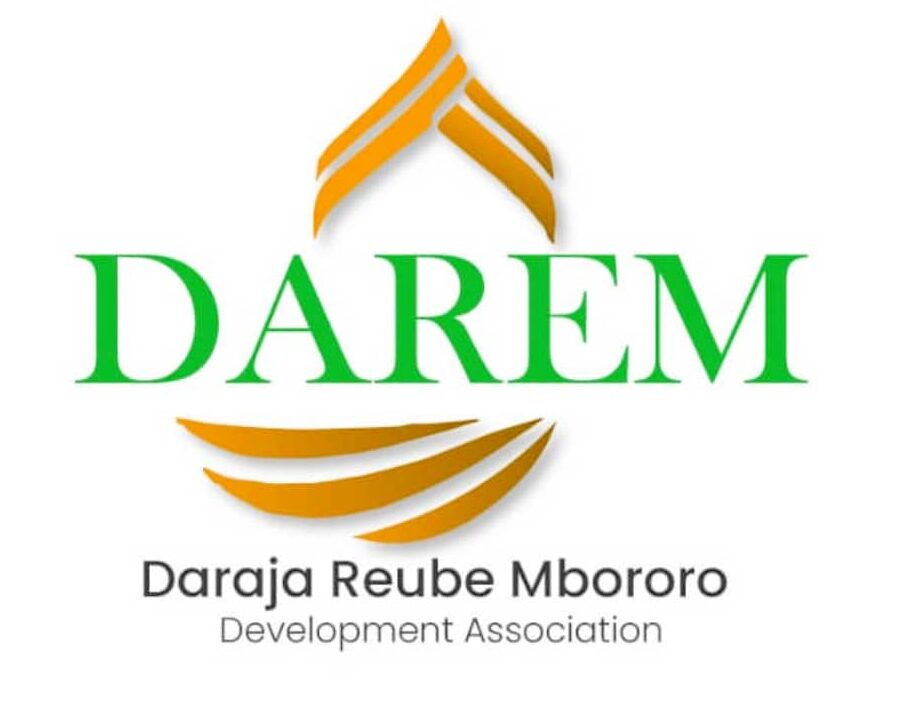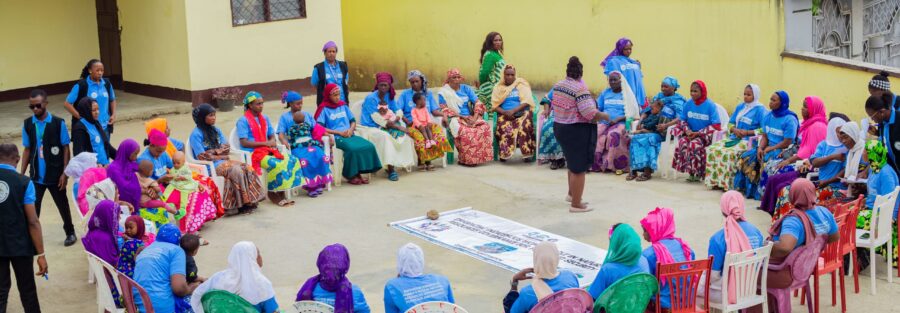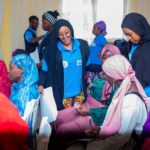
INTRODUCTION
On March 2, 2025, at the Islamic Secondary School in Buea Town, DAREM facilitated a significant dialogue between local authorities and indigenous women on “The inclusion of women in decision-making and governance bodies in the Southwest region”. This dialogue aimed at bringing out the roles of women in shaping community policies and promoting sustainable development. Participants engaged in meaningful discussions, sharing strategies to further promote women’s representation and participation in local governance, leadership and decision-making processes. This initiative was part of the project titled “Enhancing Indigenous Women’s Roles in Natural Resource Governance For Peace and Security,” with the technical and financial support from the Women Peace and Security in Central Africa Consortium. The event which brought together local authorities, traditional leaders, and Indigenous women, created a unique platform for dialogue and collaboration.

Objectives of the Dialogue
The primary objectives of the dialogue were to:
- To enhance mutual understanding between local authorities, traditional leaders, and Indigenous women regarding the importance of women’s roles in governance.
- To identify barriers that hinders Indigenous women’s participation in decision-making processes.
- To develop actionable strategies to enhance the representation of Indigenous women in governance bodies.
- To build lasting relationships among stakeholders to promote continuous dialogue and collaboration.

The dialogue session commenced with an opening remark and an overview of the project led by the Project Coordinator, who emphasized the significance of the gathering. He explained the project’s vision, underscoring that the inclusion of Indigenous women in governance is not just a matter of equity but is essential for sustainable peace and security. The Project Coordinator then invited local authorities and traditional leaders to share their perspectives, setting a collaborative tone for the discussions.
Participants were engaged in discussions which encouraged diverse viewpoints on the subject matter. In the course of the discussion, participants identified key challenges that Indigenous women face in governance, and these include:
- Culture stand out as the first barrier faced by Indigenous women because traditional beliefs and gender roles often prioritize male voices in leadership while marginalizing women’s contributions and limiting their opportunities for involvement.
- Lack of education and training hinders Indigenous women roles any as most of them have limited access to education and training programs, which are crucial for developing the skills needed for effective participation in governance.
- Limited access to resources also prevent Indigenous women from engaging in decision-making processes, as they lack the financial means to participate in meetings or pursue leadership roles.
- The absence or limited number of women in existing governance structures diminishes the visibility of Indigenous women’s issues and perspectives, perpetuating a cycle of exclusion.
- Language barriers was raised as another stumbling block for many Indigenous women because they find it challenging in understanding governance processes and expressing their views in formal settings.
- Also, social stigma, discrimination, or backlash from their communities is another barrier faced by Indigenous women when trying to voice their opinions or seeking leadership roles.
- The lack of community support networks to provide mentorship and support systems to Indigenous women
After the dialogue session unfolded, the indigenous women spoke passionately about their experiences, illustrating the numerous obstacles they encounter. Traditional leaders on their part acknowledged these challenges and expressed their commitment to fostering change within their communities. Local authorities on their part provided insights into existing policies and highlighted areas where further support for women’s inclusion is needed.

Collaborative Solutions
The dialogue transitioned into a brainstorming session, where participants collaboratively devised strategies to promote the participation of Indigenous women in decision-making processes. Key proposals included:
- The implementation of training programs focusing on leadership and governance for Indigenous women.
- The launching of community awareness campaigns to educate communities about the importance of women’s roles in governance.
- Traditional leaders agreed to create more positions in their local councils for indigenous women.
- Engaging with policymakers to advocate for inclusive policies that promote gender equity in governance structures.
As the event drew to a close, the Imam of the Buea Central Mosque commended the participants for their active engagement and commitment to the cause. His remark reiterated the importance of putting into action the solutions derived at, and encouraged participants to continue working collaboratively toward the shared goal of inclusive governance.
Conclusion
The successfully dialogue session did not only highlights the challenges faced by Indigenous women but also fostered a spirit of collaboration among local authorities, traditional leaders, and community members. The session marked a significant step forward in promoting the inclusion of indigenous women in decision-making and governance bodies in Buea. The outcomes of this dialogue are expected to shape future initiatives aimed at empowering Indigenous women and enhancing their roles in natural resource governance, ultimately contributing to peace and security in the region.





